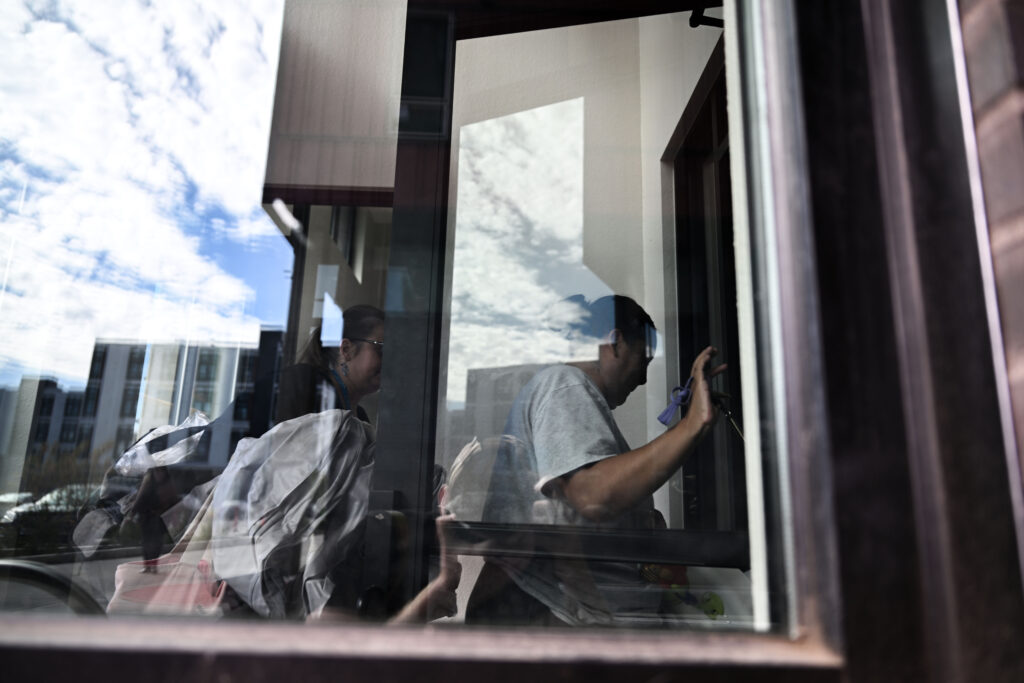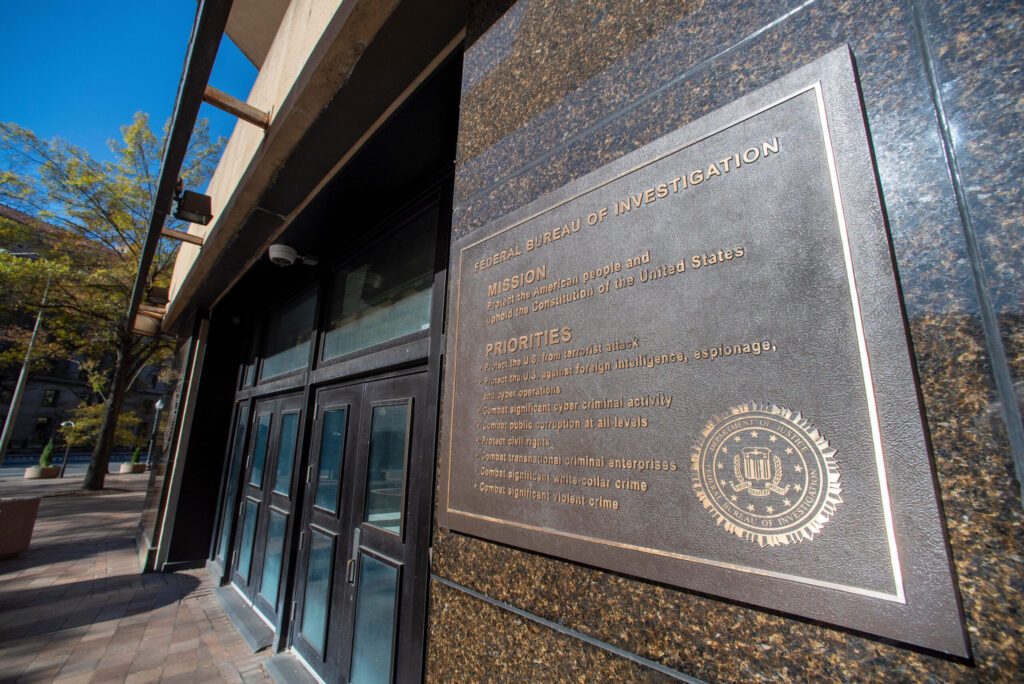Women candidate interest on both sides soars after Trump win
Diana DeGette was not directly part of the 1992 political “Year of the Women,” the historic election cycle when four freshman female U.S. senators were elected. But she did win her first elected office that year, as a Colorado state representative in Denver.
DeGette has since represented Colorado in the U.S. House for two decades and has seen increased interest among women wanting to know more about running for public office since Donald Trump was elected president.
“I just had a woman email me who said she had never been active in politics say she wanted to talk to me,” the Denver Democrat told The Colorado Statesman in an interview. “I tell them to get active in their communities and have faith they can get elected.”
DeGette is not alone, either. VoteRunLead, a national non-profit organization that helps train and guide women interested in running for office as progressive candidates, has held weekly online seminars. After Trump won the presidency and Republicans took control of both the U.S. House and Senate, participation increased to 1,103 in December and 1,151 in January from an average of about 50 in the months before the election, founder Erin Vilardi told Reuters.
Vilardi predicted that of the thousands of potential candidates her organization had contacted, at least a third already plan to seek office in 2018, which she thinks could be another “Year of the Women.” And some women aren’t waiting that long; several are running for local city council and county seats this year.
Likewise, two groups that help conservative women candidates – Maggie’s List and the National Federation for Republican Women – report increased interest from women wanting to know more about seeking public office.
Women, who make up nearly 51 percent of the U.S. population, are sharply underrepresented in public office across the country, particularly at the state and national levels. There are only five female governors among the 50 states.
In the 115th Congress now in session, the number of women in the U.S. House dropped by one in 2017. The U.S. Senate has a record number of women – 21 – consisting of 16 Democrats and five Republicans. A record number of women of color – four – are also serving in the Senate. But overall, the number of women in Congress stayed the same at 104 members, or 19 percent.
DeGette noted Colorado has the third highest percentage of women state legislators, but has never had a female governor, U.S. Senator or Denver mayor. Currently, only one female statewide elected official – Republican Attorney General Cynthia Coffman – holds office. Democratic Lt. Gov. Donna Lynne was appointed to her position last year.
DeGette said female candidates face a big perception problem among voters.
“A lot of them don’t think of women as candidates and they think we’re not qualified,” she said. “If they’re looked at having equal qualifications compared to a male candidate, research has shown that voters give women more attention.”
Faith Winter, a Democratic Colorado state representative, is the lead trainer for VoteRunLead.
“I look for passion and I look for integrity” in recruiting female candidates, she said in the group’s December webinar. “Passion is going to keep you going, give you drive and focus. Integrity makes sure you are ethical and a good person along the way. Everything else we can teach you about running.”
“People really want to know how they can directly affect their communities,” Daneya Esgar, a Democratic Colorado state representative who completed the group’s training and participated in the January seminar, told NBC News.
Esgar told The Statesman that she decided to run for the state House after “doing the work on the ground and knowing I could make a difference.”
Esgar lost her first race in 2014, but was not deterred. She won her seat last fall. Esgar, like DeGette, said she had seen more emails and phone calls from women seeking advice on running for office since the presidential election.
“I tell them jump in and run,” Esgar said. “The worst that can happen is you gain a ton of experience and you become another strong voice and advocate for your community.”
Carrie Almond, president of the more than 700,000-member National Federation for Republican Women, said she noticed a surge of interest from women even during the 2016 election campaign, as she and others traveled across the country in a recreational vehicle nicknamed “Rosie 2016,” after Almond’s grandmother.
“We went to 39 states in 205 days, traveled 35,000 miles, held 2,200 rallies and I must have shaken about 300,000 pairs of hands,” Almond told The Statesman, many of them women who said they had never been active politically but wondered what being a candidate was all about.
“Trump may not say everything perfectly well,” Almond added. “He’s a businessman and he knows not everything goes perfectly the first time, but then nothing in the world does. But there’s a tremendous amount of excitement in the air and about the future.”
Almond also said she thinks Trump’s administration and the GOP have several “excellent female role models” that can help convince other conservative women to get involved. She listed new Republican National Committee chairwoman Ronna Romney McDaniel, the first female RNC chief in three decades; United Nations ambassador Nikki Haley; Labor Secretary Elaine Chao and Trump counselor Kellyanne Conway as examples.
The GOP women’s group has been asked to hold campaign management training events for potential women candidates in four states since the election, Almond said. Among topics covered are media training, fundraising and leadership.
Emily’s List, the political action committee that supports pro-choice Democratic women, announced more than 4,000 women had contacted the organization with interest in seeking elected office since Trump won the White House, quadruple the number of women Emily’s List heard from in the past 22 months combined and more than 1,660 inquiries since inauguration day alone. Those figures are unprecedented in the organization’s 32-year history, press secretary Rachel Thomas told Fortune.
“This election was a huge wake-up call for people,” Maggie’s List National Executive Director Missy Shorey told Reuters, adding the group had been approached by conservative Trump supporters and opponents.
Since 2010, Maggie’s List endorsed more than 100 women running for Congress, either in primary or general elections, who support the Maggie’s List mission to promote fiscal conservatism, less government, more personal responsibility and strong national security. Maggie’s List financially supports candidates committed to avoiding deficit spending, reducing overall government spending, and ensuring a balanced budget.
Shorey told The Statesman women were getting more “strategic” in their decisions to run for office and many of the women who had contacted Maggie’s List since the election are millennials.
“They’re seeing what’s going on and waking up,” Shorey said. “They’re realizing their calling.”











